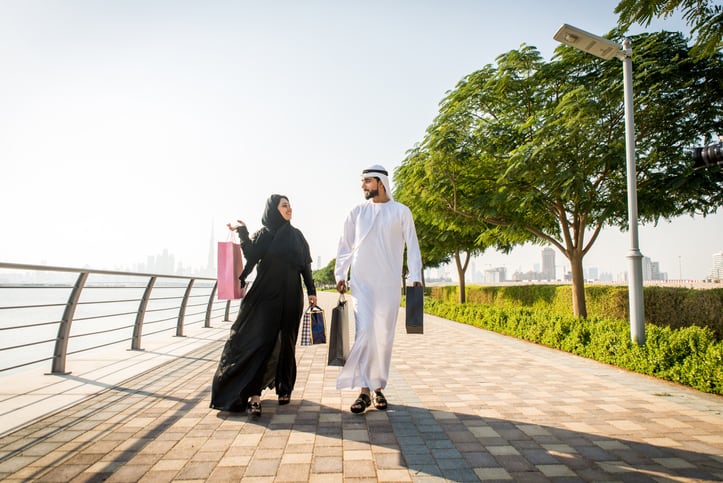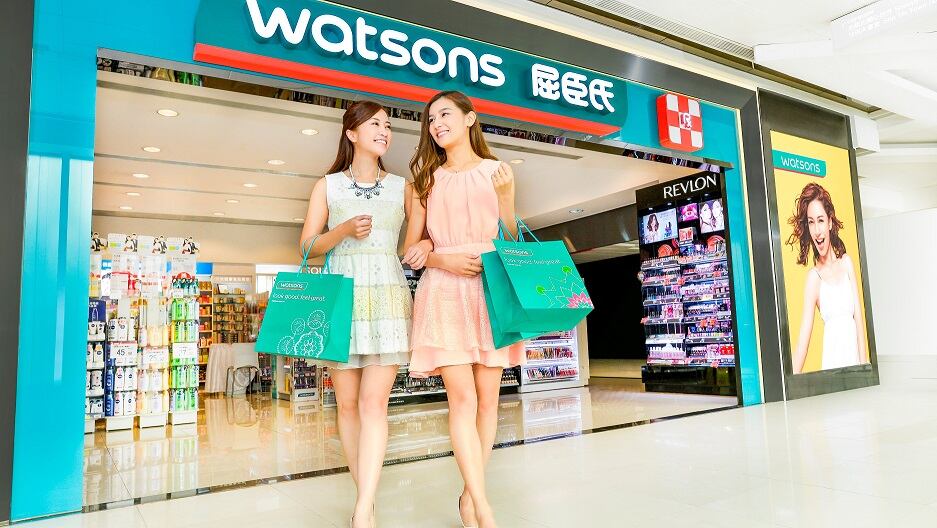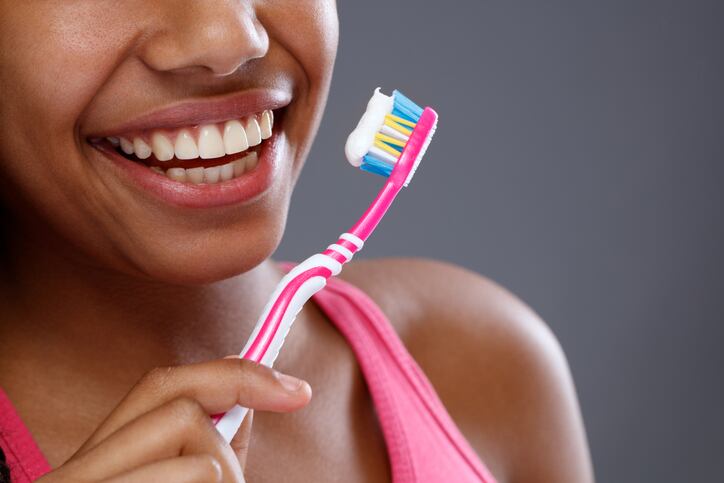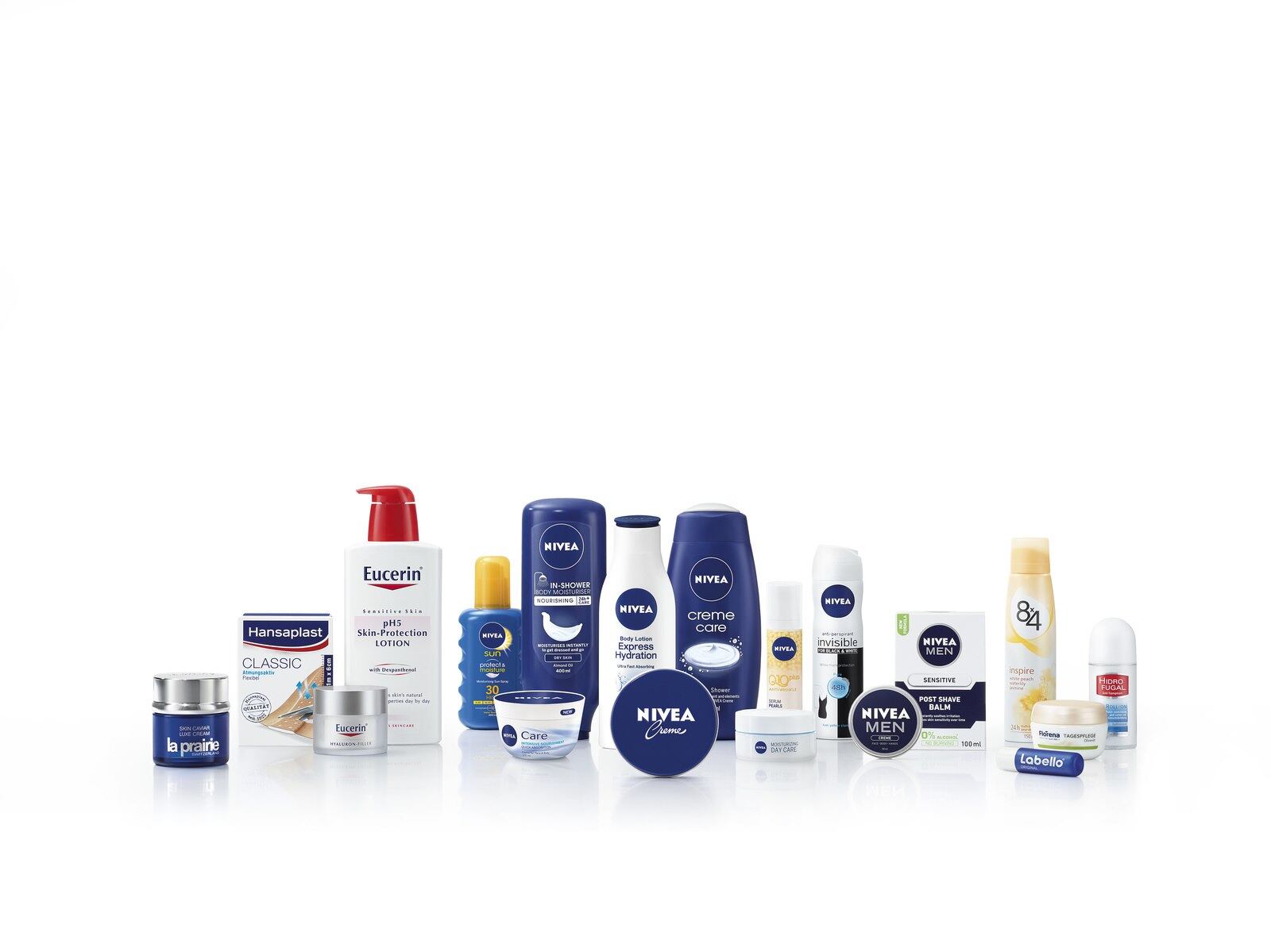Earlier this year, Kantar Worldpanel released its annual Brand Footprint report, outlining the top fast-moving consumer goods (FMCG) brands worldwide.
Within beauty and personal care, Colgate, Lifebuoy, Sunsilk and Dove ranked as four of the world’s 10 biggest and most engaged brands, with Coca-Cola staying top of the pile in all categories. Lux, Head & Shoulders, Nivea, Palmolive, Pantene and Pepsodent also ranked in Kantar’s final top 50.
But what did rankings in major Middle Eastern markets look like? CosmeticsDesign-Europe caught up with Raj Mitra, consumer insights director of Kantar Worldpanel Middle East, to discuss beauty and personal care trends in the Kingdom of Saudi Arabia (KSA) and the United Arab Emirates (UAE).
‘International brands tend to dominate’
Asked if the major beauty and personal care multinationals were as dominant in KSA and UAE as they were elsewhere, Mitra said they were pretty much, although local variations were prominent.
“While there are very strong local brands in the food, beverage and dairy sectors, international brands tend to dominate beauty and personal care, as well as home care,” Mitra told us from his Dubai base.
“However there have been instances of international beauty and personal care brands offering a variant with a specifically Middle Eastern touch, for example Listerine Mouthwash with a Meswak Flavour; Tom Ford Perfume with an Oud Fragrance and Nivea Musk Fragrance.”
Toothpaste was one example where Colgate – the only global FMCG brand present in more than half of the world’s households (60.5%) – remained dominant, but not totally dominant. Signal toothpaste was the biggest brand in KSA for instance, although Colgate reigned in UAE with Dabur, Close-Up, Sensodyne and Signal battling for second place.
Beauty brand breakdown – top 5 in Saudi Arabia and UAE
Overall, Kantar Worldpanel rankings* listed the top five KSA cosmetic brands in 2019 as:
- Always (sanitary napkins)
- Signal (toothpaste)
- Dove (shampoo and skin cleansing)
- Pantene (shampoo)
- Lux (skin cleansing)
In UAE:
- Nivea (skin Care)
- Dove (shampoo and skin cleansing)
- Dabur (hair oil & creams / depilators / toothpaste)
- Colgate (toothpaste)
- Always (sanitary napkins)
The fastest growing brands in KSA were Himalaya (toothpaste and skin Care), City (facial tissues) and Camay (skin cleansing). Herbal Essences (shampoo), Pert (shampoo) and St. Ives (skin Care) were rising fast in UAE.
Mitra said these brands were proving successful because they had managed to attract new consumers but also increase the purchasing frequency of existing brand ‘loyalists’.
UAE and Saudi Arabia ‘very different markets’
The analyst emphasised that UAE’s population was much more ethnically diverse than Saudi Arabia’s relative monoculture, creating conditions for a more eclectic selection of leading brands, not to mention the countries diverging greatly when it came to retail channels.
“KSA and UAE are very different markets,” Mitra said, noting that while the KSA was in the midst of a slow-burning transition to ‘organised retail’, “traditional retail is still very much a part of people’s lives”.
Pharmacies, for example, were popular outlets for beauty and personal care products in KSA, he said.
“UAE on the other hand was always a very fragmented market both from an ethnicity mix as well as a retail construct – traditional trade is small here,” Mitra observed.
“Hence the key challenge here is double fold: how to cater to the extremely diverse ethnic composition where locals account for only about 12% of the country’s population, as well as a very fragmented retail space with multiple players. Wide income variations lead to very different choices about where people shop, how they shop and what they purchase.”
By way of illustration, the top five skin cleansing brands represented 80% of total skin cleansing sales in KSA but only 52% in UAE. Similarly, the top five toothpaste brands accounted for 78% of sales in KSA; 62% in UAE.
Saudi Arabia shoppers buy more versus United Arab Emirates
Mitra said KSA consumers shopped less but bought more per shopping occasion than their UAE counterparts across all FMCG categories.
“Within UAE, shopping habits vary widely by ethnicity,” he said. “Locals and expat Arabs tend to shop fewer times and have bigger baskets while expat South Asians and South East Asians tend to shop more often with smaller basket sizes. Different ethnicities also have their unique festive seasons such as Eid & Ramadan, Diwali, Lunar New Year and Christmas which call for specific activations as well.”
The market was also affected by broader societal shifts, such as more women gaining higher education and entering the workforce, smaller families, non-religious tourism and the rise of social media.
APAC retail major A.S. Watson recently announced its plans to expand into the Middle East, opening its first Watsons flagship store in Dubai on October 1. Analysts have said the move was immensely significant for the wider beauty retail category.
*Kantar Worldpanel's 2020 report rankings were calculated looking at consumer reach points which was based on the brand penetration [number of households reached]; number of brand choices made globally based on number of households in a country; percentage of households purchasing a brand; and the number of brand interactions across categories in a year combined. Data was compiled from 52 countries, representing 74% of the world population and 85% of global Gross Domestic Product (GDP), and spanned 22,900 brands in total.




